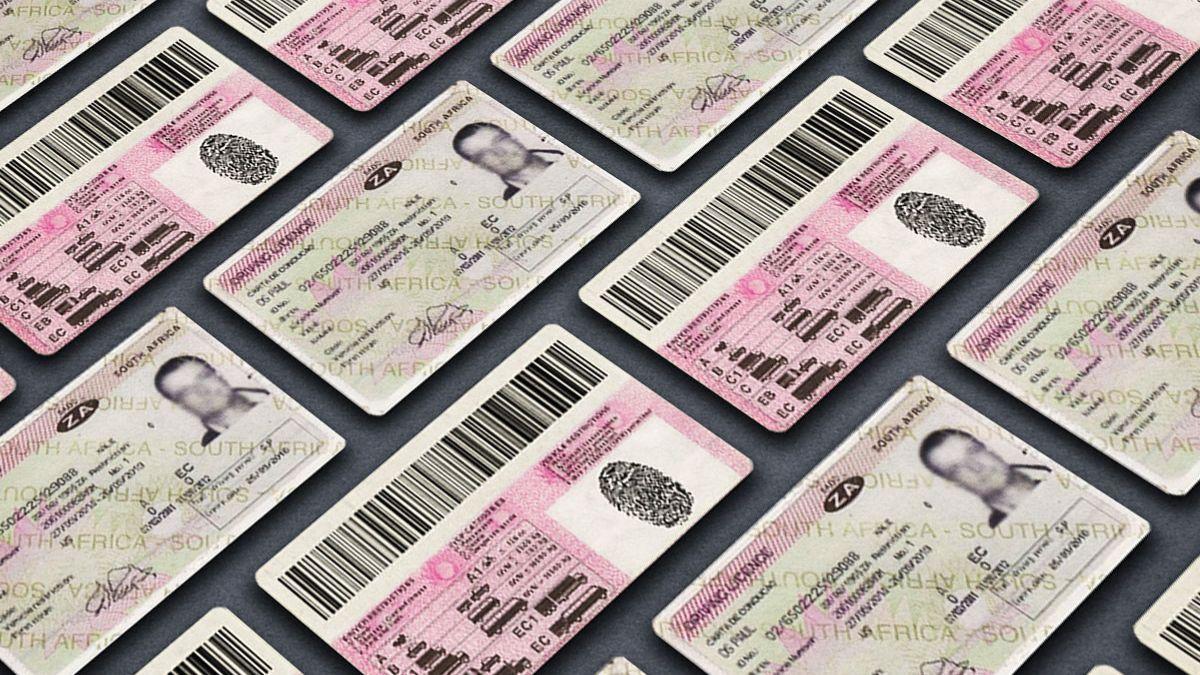Africa-Press – South-Africa. While there have been suggestions and even a concerted push for the adoption of a digital driving licence in South Africa, experts say the country simply isn’t ready for it.
This is because the necessary digital systems are not in place, and the “tender-favour” system the government uses to award contracts will likely skip the best companies for the job.
According to technology analyst and researcher, Arthur Goldstuck, while a digital driving licence would solve a lot of the country’s problems with licencing drivers, “we’re definitely not there yet”.
He said that South Africa faces roadblocks on several fronts in making the digital licence a reality—from access to digital services to security and safety around such systems.
Most importantly, he said that the current “tender-favour” system—where companies are awarded government contracts on their proximity to the political elite, rather than on merit—is a significant impediment.
“The single most important thing (with a digital licence) is security. Encryption, biometrics, and a system that can work offline as well,” Goldstuck said.
“That is quite a challenge, and for that, we need best practice, not best connection with the government when they award the tender.”
The analyst said that if the tender for a digital licence goes to the wrong companies, South Africa will simply end up with a weak system, wasted money, and damage citizens’ access to this facility.
Goldstuck added that it’s not a technology issue, as the technology for a digital licence already exists. Countries like Estonia, Singapore, South Korea and Denmark already offer this.
However, he stressed that these countries already have “robust systems in place for digital services”, which South Africa currently lacks.
He pointed to widespread issues at the State Information Technology Agency (SITA), which he said has been “riddled with corruption” and is hamstrung by “someone needing to benefit from contracts”.
Notably, the tender process for the new driving licence card printing machines and system has also been mired in tender irregularities, which have indefinitely delayed the process, emphasising this point.
The other issue with digital
According to Goldstuck, the other issue with digital driving licences and digital services in general is that they are not accessible to all.
He said that even though smartphone adoption in South Africa is growing, there are still millions of citizens who do not have reliable access to devices or affordable data.
“If we don’t have an alternative for those citizens, we’re going to exclude them from something as basic as the right to drive,” he said.
“Digital has to enhance that access, not restrict it.”
This means that whatever digital systems are adopted, they would have to continue to offer physical alternatives, which does not remove the challenges the country is currently encountering with driving licence cards.
However, the government, particularly the Department of Home Affairs, is still moving towards a more digital-first era, including with things like Smart IDs and passports.
The DHA recently launched the next phase of its rollout of services to hundreds of new bank branches in South Africa, giving more service points to attain Smart IDs.
The new branches are expected to roll out from October, hitting 100 new branches by the end of the year, and 1,000 new branches by the end of the medium term.
Key in the rollout is integrating Home Affairs services with banking apps—a project that could be a precursor for how digital government services could be put in the hands of South Africans at large.
SARS and the South African Reserve Bank have also previously talked up a move towards a fully digital ID, that would integrate all official documentation and even payments.
The Reserve Bank in particularl is keen on pushing digital payments through PayShap, and encouraging a move away from cash.
Again, Goldstuck said that while South Africa has the potential to have ID cards as digital tools, which could include driving licences and passports and other documents, the issue is the system in place to facilitate it.
“The technology is proven, but the challenge is making it accessible and making it safe,” he said.
“We can’t have a system like this when we have a tender-favour system in place, like the one we still see happening,” he said.
For More News And Analysis About South-Africa Follow Africa-Press






